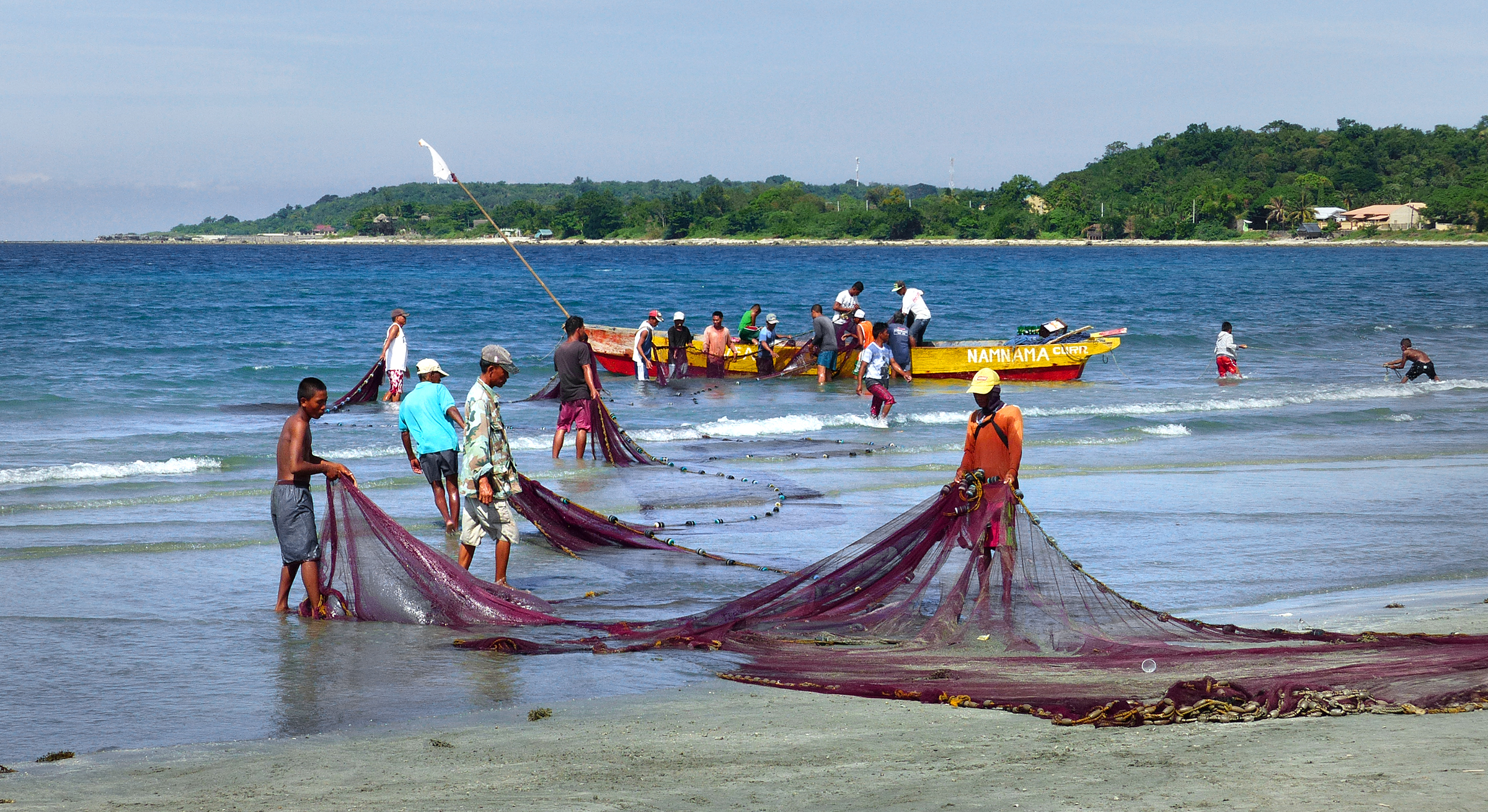
Individual transferable quotas (ITQs) are an economic fisheries tool that allows individuals to catch a certain amount of fish. Specifically, they provide fishers with exclusive and transferrable rights to catch a percentage of the total catch allowed for a certain fish stock. For example, if the total catch allowed for herring in a region is 30 tonnes, an ITQ might allow a fisher to catch 5 per cent of that amount.

Rashid Sumaila
In a recent paper, Dr. Rashid Sumaila of UBC’s Institute for the Oceans and Fisheries proposed policy changes to make individual transferrable quotas work effectively for both fisheries and the environment.
“To work, ITQs have to be integrated in a comprehensive and effective ecosystem-based fisheries management system,” argued Sumaila, who is Director of the Fisheries Economics Research Unit (FERU) and Project Director of the OceanCanada Partnership. “Authorities must set quotas that will sustain the ecosystem and fisheries themselves, before setting catch quotas for individual fishers.” This, he said, will allow ITQs to preserve the environment as well as the economic livelihoods of fishers.
While research has shown ITQs are economically efficient and increase fisheries profits, they are not as effective in providing social benefits to fishers or in sustaining the environment. They do not grant full, permanent property rights to fishers – marine resources are considered a shared resource – and this encourages fishers to engage in short-term, but damaging, practices that benefit the individual while spreading long-term costs over all fishers. One such practice is highgrading, where fishers maximize the value of their own catch by filling it with the most valuable fish while throwing less valuable fish – dead or alive – back into the ocean, destroying the environment and damaging the fish available for others.
In his paper, Sumaila proposed various policy changes to help fishers benefit from ITQs while minimizing their negative impacts.
First, Sumaila suggested that high seas fisheries should enact more effective ownership structures at different levels – such as at the local, national and international scale – to manage shared resources like fish stocks, and should work together to reduce biological and economic waste. “Only joint cooperative management can truly eliminate the race to fish,” said Sumaila.
“Only joint cooperative management can truly eliminate the race to fish,” said Sumaila.
He emphasized that ITQs should be supported by independent assessments of fish stocks, as well as monitoring, control and surveillance to reduce potential overfishing and counter the issue of limited property rights for fishers. This change would encourage fishers to collect and provide relevant biological and catch information about their quotas.
“We need stock assessments that cover both commercial and non-commercial species, and effective monitoring; without them, ITQs have little chance of succeeding,” said Sumaila.
The paper “How to Make Individual Transferable Quotas Work Economically, Socially, and Environmentally” was published in the journal Oxford Research Encyclopedia of Environmental Science.
Tags: faculty, FERU, fisheries economics, OceanCanada, Rashid Sumaila, Research